Inexpensive and readily available, powdered borax, also known as sodium tetraborate, is a naturally occurring common boron mineral salt. Borax is a component in a diverse array of laundry soaps, bath salts, hand soaps, cleaning products, and cosmetics. It’s a product homesteaders have used for more than 100 years.
First discovered in dry lakebeds of Tibet in the eighth century, the soft, colorless crystals did not gain popularity until the early 19th century when massive deposits of the mineral were discovered in California and Nevada.
Borax was originally marketed with a name that represented its method of transport from the high desert mines to the processing plant: 20 Mule Team Borax.
Borax is odorless, isn’t absorbed through the skin, costs just pennies per application, is environmentally friendly and has dozens of helpful applications in the home and around the homestead. Read on to discover a wealth of diverse ways that borax can be your go-to, low-cost, environmentally friendly product to use for most any homestead chore.
1. Remove Stains From Clothes
Did you know that borax deodorizes your laundry, softens hard water, removes stains, whitens whites, disinfects, and prolongs the longevity of clothing and linens? As a laundry booster, borax is the best.
https://www.instagram.com/p/BVqUEq1ApJ3/
To remove the toughest stains, mix the juice of one lemon with 1 cup of borax. Add enough distilled white vinegar to make a thick paste. Spread the paste on stubborn stains, rubbing the stained spot gently with a soft brush. Throw the stained item in the wash. Add one cup of borax to the laundry load, wash, and rinse.
2. Brighten Clothes
Borax and bleach can be safely mixed together to help whiten your dull clothes. Here’s an easy hint to whiten your sheets and towels. Pre-soak dull, yellowed, or grayed linens in hot water, using a ratio of ½ cup of borax and ¼ cup of regular bleach to a gallon of water.
https://www.instagram.com/p/Bn4snrglpyo/
If you prefer to use concentrated chlorine bleach, use just 3 tablespoons of bleach per gallon of water. Make sure all items are completely submerged in the pre-soak liquid. Soak for an hour or overnight and then wash and rinse.
If you wish to brighten colored clothing, use the same recipe with warm water and all-fabric bleach, formulated for colors. It is gentler on colored fabric than chlorine bleach.
3. Clean Up Rusty Tools
Borax is a powerful rust remover, cleaning agent, and natural disinfectant. Rusty tools and farm implements look bright and new when they’re scrubbed with a solution of borax and lemon juice.
Combine borax and lemon juice, stirring until it reaches a pasty consistency. Apply the paste to rusty tools with a cloth. Scrub your tools with the mixture and rinse them off with clean water. Wipe your tools dry with a soft, clean cloth and store them away until you need them again.
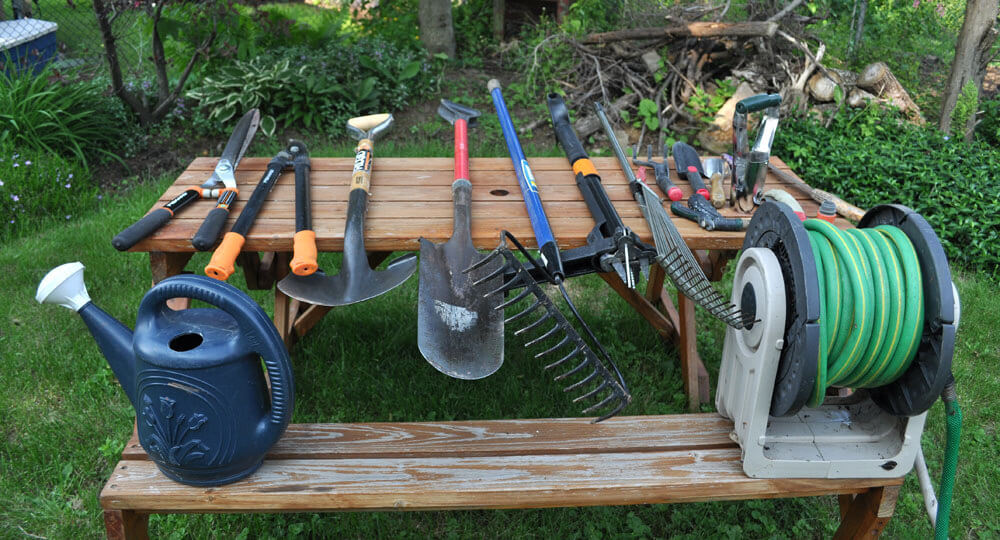
Or, dissolve 1 cup of borax powder and 2 cups of white vinegar in a gallon of hot water. Use the solution to scrub down and disinfect garden tools, livestock water tanks, pet dishes, garden furniture, toys, and playground equipment.
4. Clean The Garbage Disposal
Pour a ½ cup of borax down the garbage disposal. Let it sit for 10 minutes, run the disposal, and flush out the build-up with hot water. Your garbage disposal will be sparkling clean, disinfected and odor-free.
5. Remove Toilet, Sink, and Countertop Stains
To remove resistant stains in the toilet bowl, add a cup of borax to the bowl and let it sit overnight. Scrub all the gunk away with a toilet bowl brush and flush the toilet.
https://www.instagram.com/p/BpFqIo3FrIJ/
On stained sinks and countertops, sprinkle borax powder on a damp cloth and scrub away rust and water stains. Rinse with warm water and polish with a dry, non-abrasive cloth. Using borax regularly provides an added bonus of keeping drains running freely and smelling fresh.
6. Get Rid Of Mildew And Mold
Scrubs surfaces where mold accumulates with a solution of ½ cup of vinegar, ½ cup of baking soda, and ½ cup of borax dissolved in hot water. Do not rinse.
7. Utilizing Borax On Dishes
Equal parts baking soda and borax are an inexpensive homemade dishwasher soap that cuts through grease as effectively as high-priced, chemical-laden commercial products.
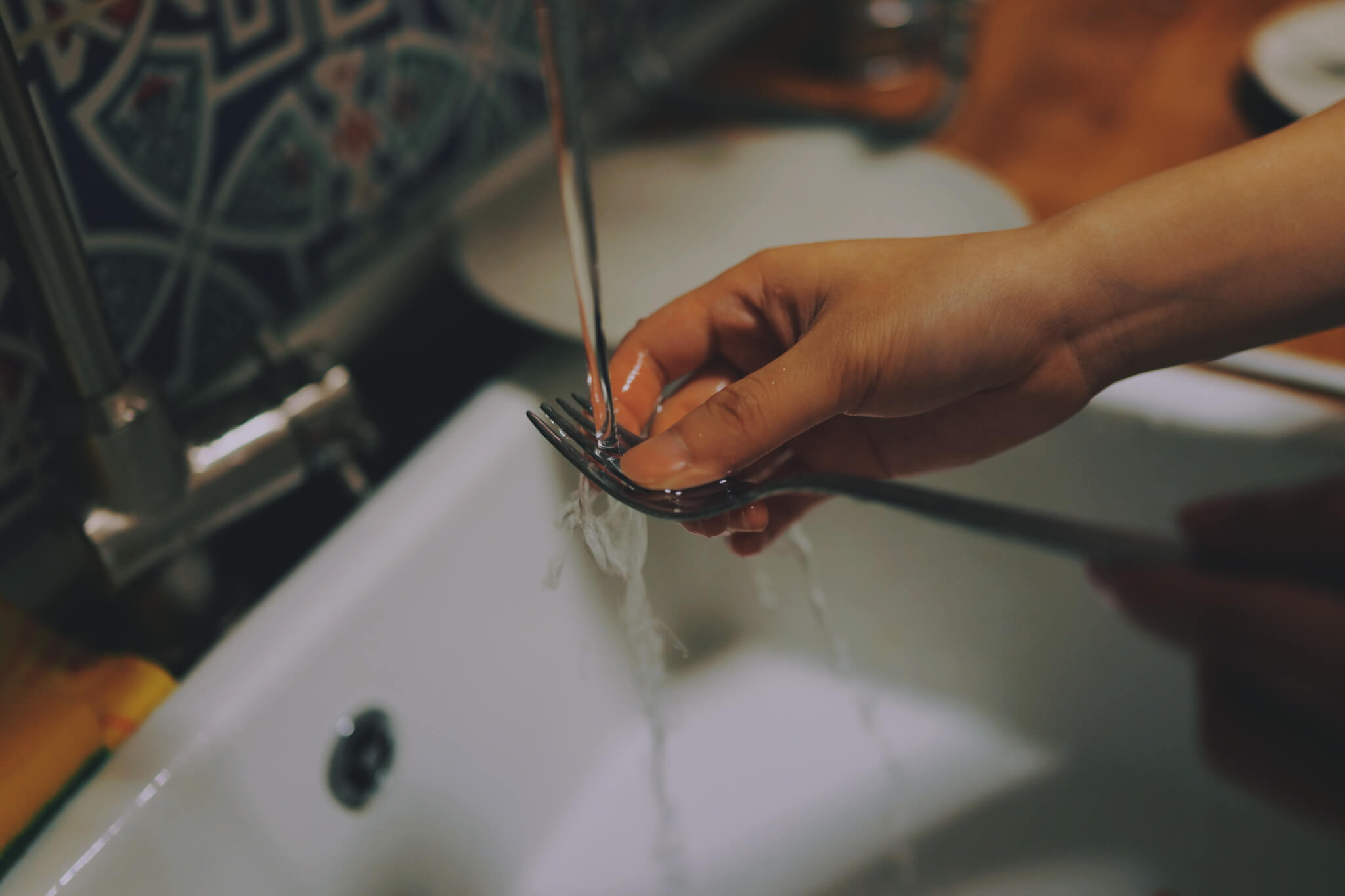
If baked-on food makes cleaning pots and pans a challenge, soak hard-to-clean dishes and pots in a solution of hot water and ½ cup of borax.
8. Clean The Dishwasher
If your dishwasher is leaving bits of food, stains, or cloudy glassware, it’s trying to tell you that the dishwasher itself needs a good cleaning. Borax does the job.
Sprinkle a heavy amount of borax powder on the inside door and bottom of the dishwasher. Scrub with a wet brush. Run your next load of glassware, silverware, dishes, and pots and pans as normal. You will be amazed at the difference. For sparking, dazzling dishes every time, add ½ cup of borax to every dishwasher load.
9. Get Rid Of Insects
If cockroaches, earwigs, ants, bed bugs, mites, ticks, or fleas are a persistent problem around your homestead, borax is the solution.
Mix ¼ cup of sugar with ¼ cup of borax powder. Add enough water to make a thick paste. Place a dab of the paste on a saucer or bottle lid and place it in the back of cupboards and closets. When insects ingest the mixture, they die.
https://www.instagram.com/p/BirmOCogiwW/
To get rid of bed bugs, sprinkle borax powder on your mattress, and allow it to remain on the mattress surface for an hour or longer, then vacuum. Borax also kills dust mites and fleas that often infest bedding.
Keep in mind, borax, in small amounts, is not toxic to pets or people. However, be sure to read instructions and warning labels printed on the packaging.
10. Kill Weeds Naturally
Borax powder kills any plant when it’s sprinkled directly on it. It’s an easy and inexpensive way to wipe out the pesky weeds that pop up in the cracks of sidewalks, patios, and driveways. Borax does not discriminate, so the weed-killing solution must be used with discretion. Do not use when rain is in the forecast to avoid a runoff that could harm other desirable plants.
To eradicate irritating weeds, mix ½ cup of borax with 1 gallon of water, and apply it to the base of the plant as a liquid herbicide.
11. Clean Carpets
When household rugs and carpeting smell less than fresh and clean, this borax and baking soda solution can help eliminate even the nastiest odors.
Create a heavy, odor-lifting absorbent carpet cleaning powder by combining 3 cups of baking soda, 3 cups of borax, and 20-30 drops of any combination of your favorite essential oils. My personal choice is a blend of an equal amount of frankincense, clary sage, and cedar essential oils. The best way to mix the solution is to place all ingredients in a wide-mouth plastic jug.
https://www.instagram.com/p/BpalnRCFlUe/
Choose a jug with a handle for ease of shaking. Shake well. Sprinkle the freshening mixture evenly across rugs and carpets. Allow the powder to sit on the rugs or carpets for at least thirty minutes, or overnight if you prefer, to absorb the most odors possible.
The mixture also soaks up trapped-in dirt and grease. Vacuum rugs and carpets to whisk grime and odor away. The borax in the mixture also kills fleas, earwigs, stink bugs, and dust mites that tend to hide in rugs and carpeting.
12. Deodorize Outdoor Gear
Sprinkle the above absorbent powder in boots and camping gear stored for the winter. Not only will the inexpensive powder get rid of musty odors, but it also keeps spiders, bugs, and other creepy-crawly varmints out of your gear. Before use, give the items sprinkled with powder a good shake outdoors to remove any residue.
References
- Safe Substitutes for Hazardous Household Products, Oldham County Kentucky
- A Century of Ensuring Safe Foods and Cosmetics, US Food and Drug Administration
- Borax, Twenty Mule Team


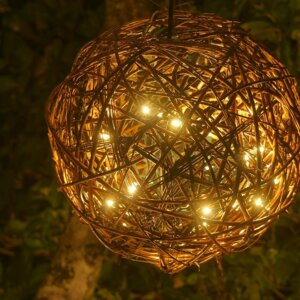
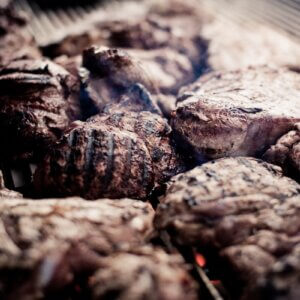
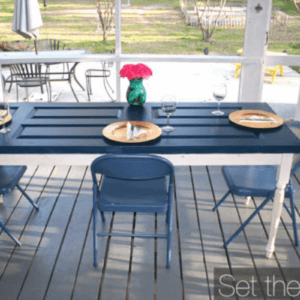


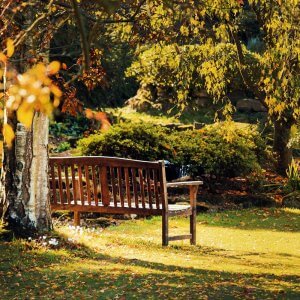
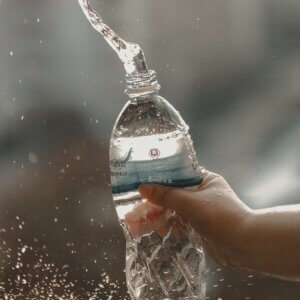

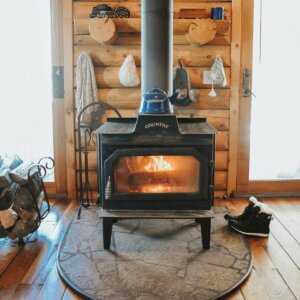
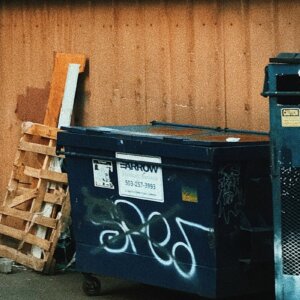

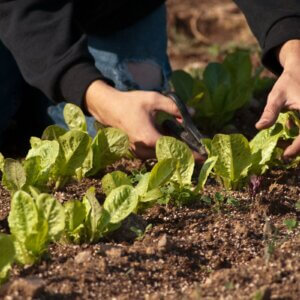
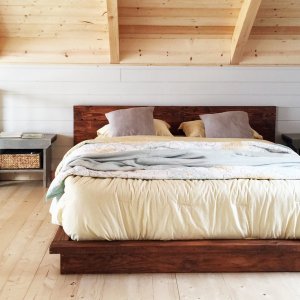
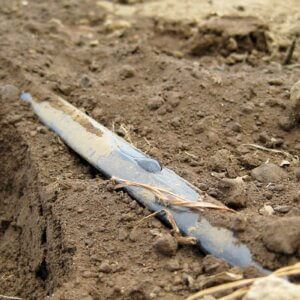
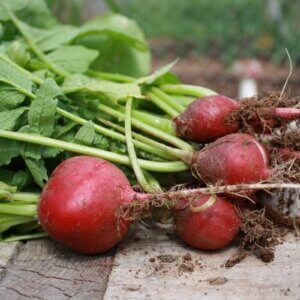
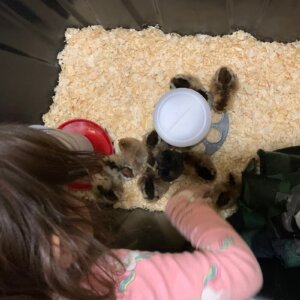
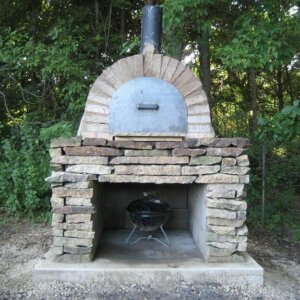
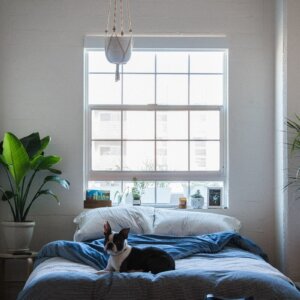
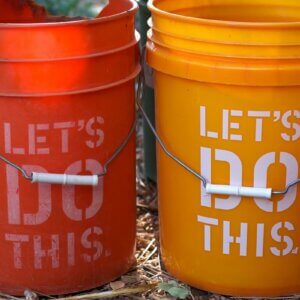

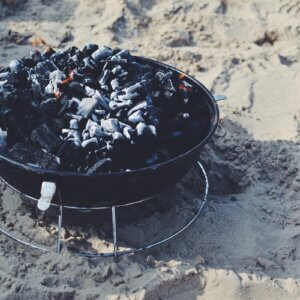

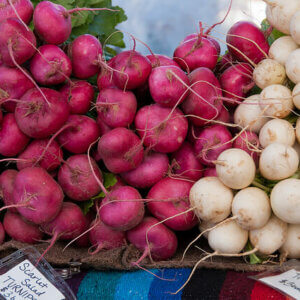


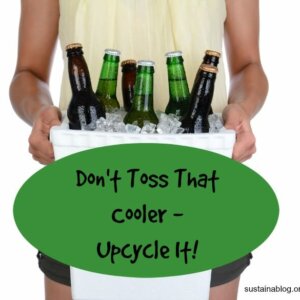
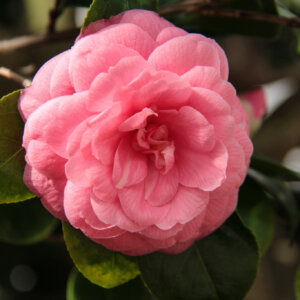
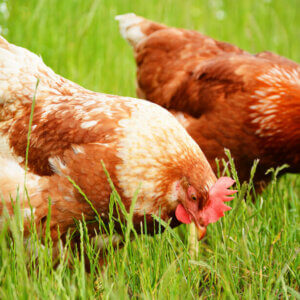

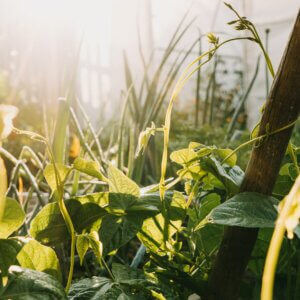

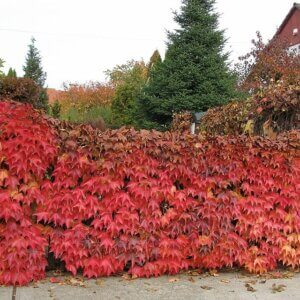


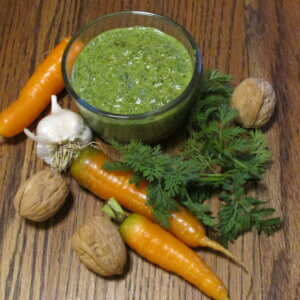
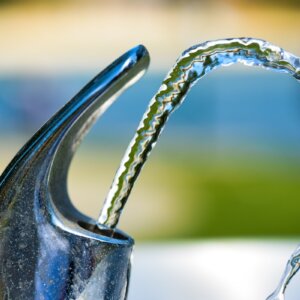

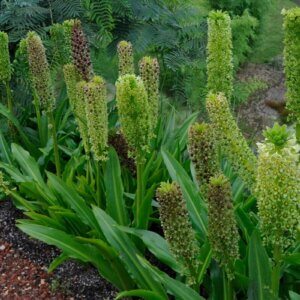
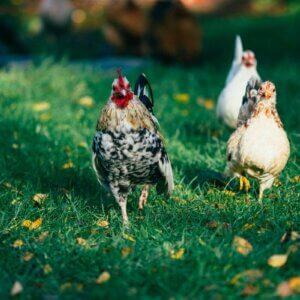
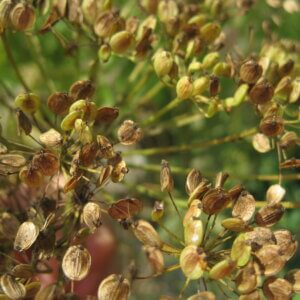
As a laundry booster, borax is the best.Borax and bleach can be safely mixed together to help whiten your dull clothes.Borax is a powerful rust remover, cleaning agent, and natural disinfectant.borax are an inexpensive homemade dishwasher soap that cuts through grease as effectively as high-priced